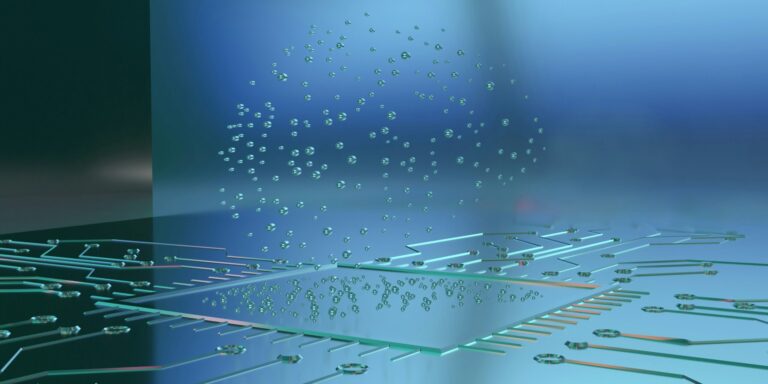In a landmark legal action filed on April 10, 2025, the Songwriters Guild of America (SGA) launched a class-action lawsuit against three leading artificial intelligence music platforms. The lawsuit alleges that these platforms trained their AI models on copyrighted lyrics and melodies without obtaining necessary permissions. This legal battle could significantly reshape the future of AI-generated music and the rights of human creators.
The lawsuit targets Suno, Udio, and Claude—a model developed by Anthropic. According to the SGA, these platforms scraped vast quantities of copyrighted music to teach their algorithms how to generate songs. The Guild claims this was done without licenses or compensation to songwriters, whose original compositions were effectively mined for data.
“Our members have spent years, sometimes decades, perfecting their craft,” said David Israelite, president of the National Music Publishers’ Association. “Using their work without authorization or compensation to build AI models is a direct violation of their rights.”
The complaint asserts that AI-generated songs can mimic the style, structure, and even emotional resonance of original compositions. As a result, listeners may struggle to distinguish between human-created and AI-produced music, further blurring the lines of ownership and authorship.
Music Industry Stands Behind Creators
The SGA’s lawsuit is not an isolated action. The Recording Industry Association of America (RIAA), representing major labels including Universal Music Group, Sony Music Entertainment, and Warner Music Group, has also taken legal steps against these same platforms. The RIAA’s complaints echo the SGA’s, emphasizing unauthorized replication of artists’ works and calling for statutory damages that could reach up to $150,000 per infringed piece.
Music executives argue that these lawsuits are necessary to maintain the integrity and sustainability of the creative industry. Many see this legal push as a vital turning point in defining how intellectual property is protected in an AI-driven world.
“This is not about halting innovation,” said a spokesperson for the RIAA. “It’s about ensuring that innovation happens within a legal and ethical framework that respects creators.”
The Stakes for AI and Artists
AI-generated content is becoming increasingly prevalent in everything from journalism and visual art to music and video production. Tools like Suno and Udio allow users to generate songs from simple text prompts, producing high-quality audio in seconds. While these platforms claim to enable creativity and democratize music production, critics argue that such benefits come at the expense of those who originally wrote the music.
Legal experts warn that this lawsuit could set a precedent for how copyright law is applied to machine learning. If courts side with the plaintiffs, AI companies may be required to license content before using it for training. This could dramatically change the business model for many tech firms developing creative AI tools.
In contrast, some tech leaders believe that using existing works to train AI falls under fair use, especially if the outputs are transformative. They argue that prohibiting such practices could hinder technological advancement.
Calls for Regulation and Ethical Standards
Amid the ongoing legal battles, there is a growing call for comprehensive regulation to address the intersection of AI and intellectual property. Industry groups, lawmakers, and academics are urging the creation of licensing frameworks that ensure fair compensation while allowing innovation to thrive.
Senator Amy Klobuchar, a long-time advocate for digital rights, has proposed a bipartisan committee to explore legislation that would define AI training boundaries and protect original creators. “We need rules of the road that uphold artistic ownership while supporting responsible AI development,” she said.
Meanwhile, musicians and songwriters continue to voice their concerns through protests, petitions, and open letters to Congress. Their message is clear: human creativity must be valued and safeguarded in the digital age.
The Road Ahead
As the lawsuit unfolds, both the tech and music industries will be watching closely. The decisions made in this case could influence not only how AI systems are trained but also how future innovations are shaped in light of intellectual property law.
This moment marks a pivotal chapter in the evolving relationship between human creativity and artificial intelligence. Whether it leads to new licensing systems, legal standards, or industry practices, the impact will be felt across the cultural and technological landscape.


